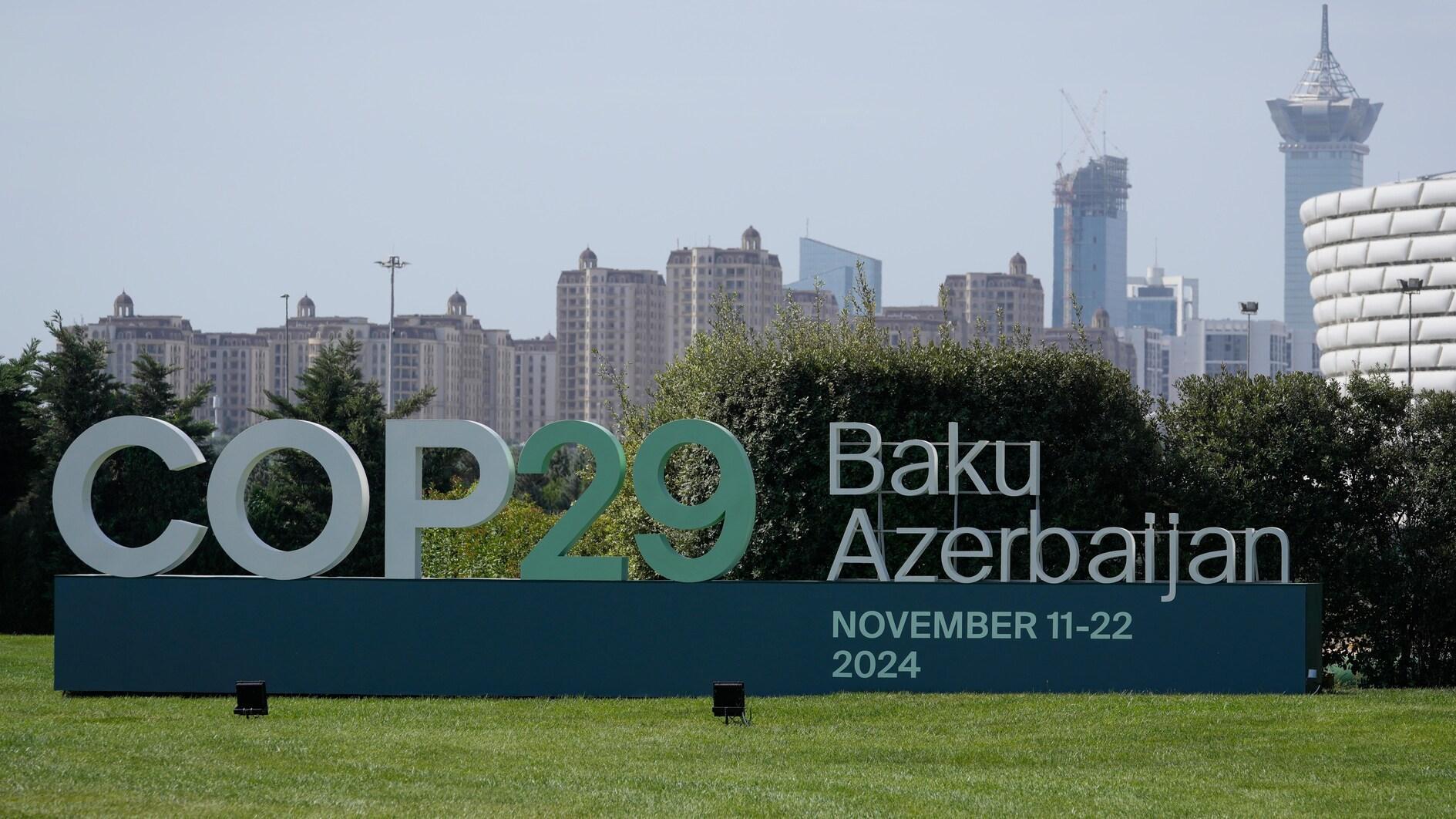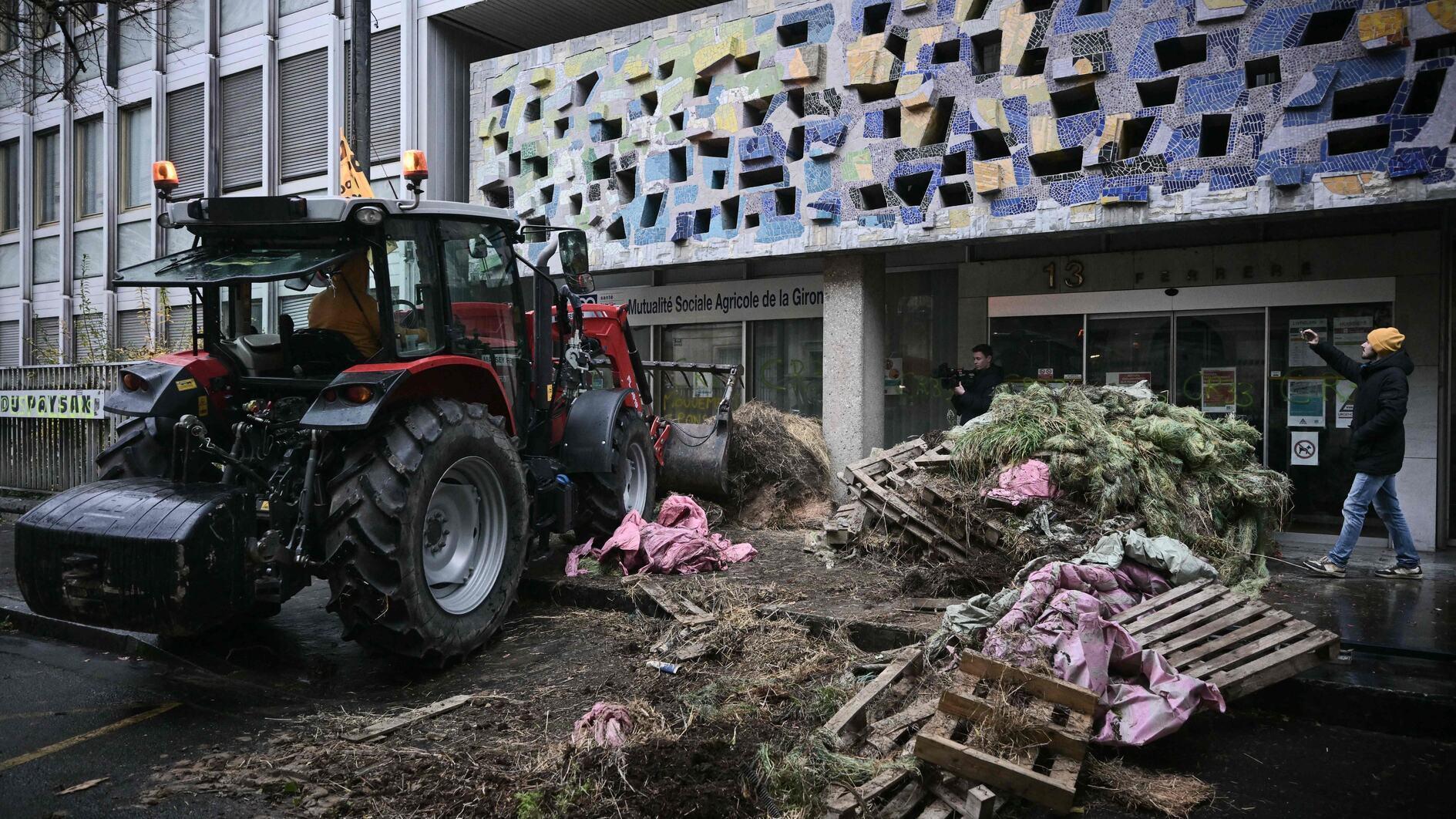’Earthquake-safe’ city sits on fault line
Hurriyet Daily News with wires
Associate Professor Yaşar Eren from Selçuk Unviersity said they conducted research in the central Anatolian province of Konya’s Selçuk city.The fractures, which are filled with alluvium, indicate that Konya's fault line is potentially active and could produce an earthquake measuring six or 6.5 on the Richter Scale, Eren said.
The fractures occurred approximately 10,000 to 20,000 years ago, Eren said, adding that they are exceptional with their average depth of two meters, which can reach 25 meters, and their average length of 200 meters.
"These are like earthquake records for Konya. They indicate that in the past an earthquake occurred in Konya," he said.
The fractures are a significant source of research and data for scientists and they should be protected, Eren said.
Associate Professor Tahir Nalbantçılar, on the other hand, said they offered to help the Selçuk municipality found a geology museum in the area. Mayor Adem Esen is positive about the project, Nalbantçılar said. "We offered to exhibit samples of rocks, fossils, and minerals that are significant for natural and geological sciences in the museum," he said.
Country earthquake prone
Turkey is a country where the majority of its soil is geographically on earthquake zones. The geography Turkey has experienced devastating earthquakes in its history. Most recently, Turkey in 1999 had the Marmara Earthquake that killed around 17,000 people, according to official data. The earthquake struck late on the night of Aug.17, 1999, and hit the industrial city of Kocaeli and nearby cities in which the population density is high, increasing the number of causalities. More than 40,000 people were injured in the earthquake.
















